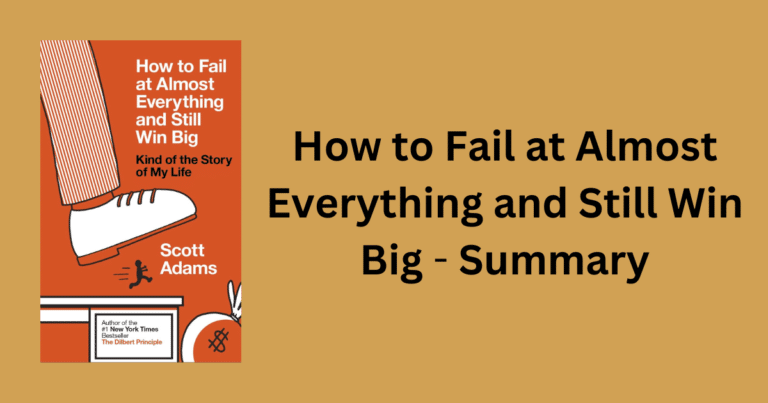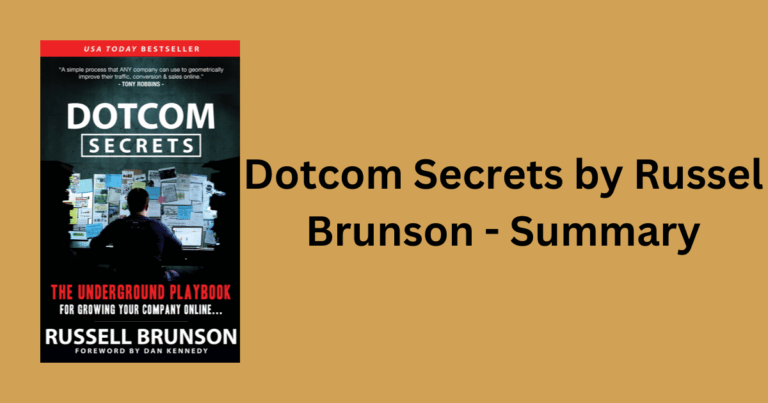This book is for anyone looking for a job or trying to change career paths. So Good They Can’t Ignore You by Cal Newport challenges the hypothesis: Do what you love and the money will follow. In fact, he says that following your passion is terrible advice instead, work on your skills and be indispensable.
This book is his quest to find why some people enjoy doing what they do, while so many others fail at this goal.
Rule #1: Don’t Follow Your Passion
Following your passion is seriously flawed because most people don’t have pre-existing passions to match the job market. It leads to chronic job shifting and unhappiness when reality falls short of the dream.
The Passion Hypothesis states, figure out what you’re passionate about and then find a job that matches this passion. Steve Jobs Stanford speech went viral when he said if you haven’t found what you love, don’t settle keep looking.
What we don’t see is the number of odd jobs he had to do in order to find his lucky break. It’s realistically not going to happen to all of us. Jobs was no doubt passionate about his work but he didn’t just get there, he had to do a lot of exploration which we didn’t see.
Rule #2: Be So Good They Can’t Ignore You
If following your passion is bad advice, then what do you do? Be So Good They Can’t Ignore You. An iconic quote by Steve Martin on the Charlie Rose Show.
Cal introduces two approaches to thinking about work-
- The Craftsman mindset – A focus on what value you’re producing in your job.
- The Passion mindset – A focus on what value the job offers you.
He insists on shifting to a craftsman mindset irrespective of what type of work you do, the craftsman mindset is crucial for building a career you love.
The downside of the passion mindset is when you focus on what the job can offer you, you tend to become hyperaware of what you don’t like and that can lead to chronic unhappiness.
Career Capital – What makes a job great and valuable is great and valuable skills. He calls these skills Career Capital. In order to break away from the pack, you need to make your skills great and valuable and leverage them for a great career.
Another important concept in this chapter is the 10,000-hour rule researchers believe that this is the magic number for expertise over a subject. So adopting a craftsman’s mindset and leveraging career capital for your dream job will not be easy.
Pounding away at work that’s easy won’t cut it in the 10,000-hour rule. Deliberate Practice is an approach to work where you deliberately stretch yourself and go beyond your comfort zone and receive ruthless feedback on your performance.
In order to improve, you must be willing to show your worst work and be uncomfortable. Working right always trumps finding the right work.
Rule #3: Turn Down a Promotion
Once you have gained your career capital, you need to leverage it. Having control over what you do and how you do it is incredibly important.
There are two traps that commonly occur while investing your capital-
- The first control trap- Don’t leverage control without enough career capital.
- The second control trap- While leveraging control you’re going to be met with resistance.
Rule #4: Think Small, Act Big
To do work that you love, you must first invest in career capital. While starting out always start out with small bets aka projects before you take on anything major.
Use the feedback obtained from small bets to help figure out what to do next. Follow the law of remarkability take on projects or jobs that have a buzz around them. Since now you have career capital, you can make your mission into a reality. Be so good they can’t ignore you.






